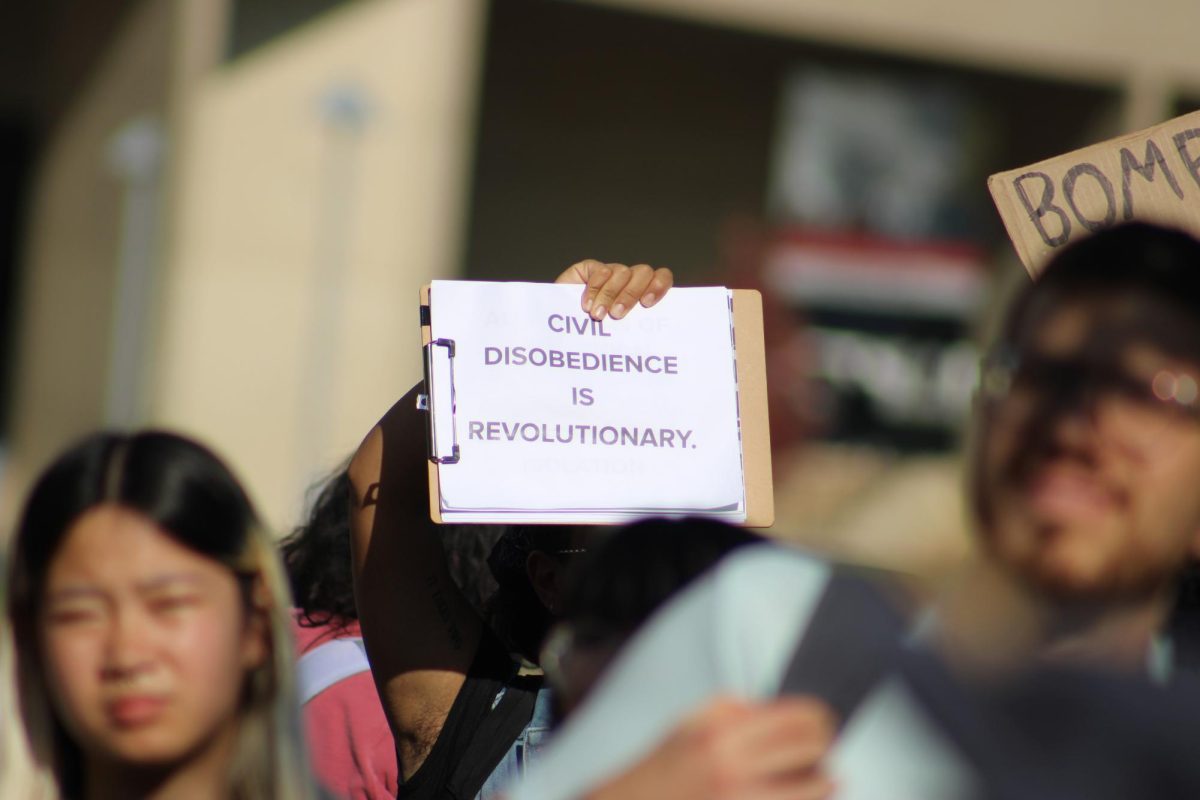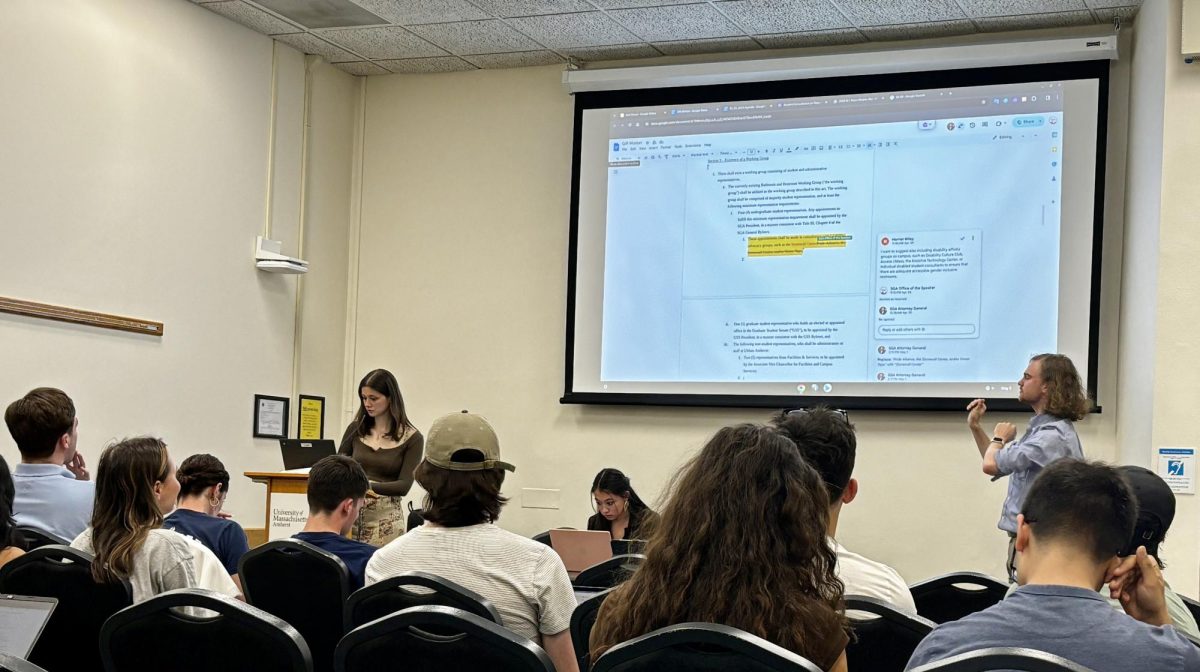What do you really know about the USA Patriot Act?
Many of its effects are not visible to the average citizen. We are fortunate enough to live in a country where we don’t need to think every day about our Constitutional rights. The only time we would need to think about those rights is if they are threatened.
I am of the opinion that now is one of those times. Here are a few facts about the Patriot Act:
1.) It was introduced into the House 45 days after Sept. 11, and passed with virtually no debates. The act itself is written on 132 pages, so it is unlikely that most congressmen would have been able to read it before they passed it. It was signed into law on Oct. 26, 2001.
The Patriot Act is an extensive piece of legislation. It is disheartening to think that it could have been passed so quickly with so little debate, even within the period of fear and shock that followed Sept. 11.
2.) The full name of the act is “Uniting and Strengthening of America by Providing Appropriate Tools Required to Intercept and Obstruct Terrorism.” The stated purpose of the act is “to deter and punish terrorist acts in the United States and around the world, to enhance law enforcement investigatory tools, and for other purposes.”
Despite the clever acronym, the act is anything but patriotic. The methods used to implement the act represent a level of wanton authority that has never existed in America. The most well-publicized example of deterrence gone awry is the indefinite detainment of foreign prisoners in Guantanamo Bay who have not been charged with anything. I wonder if it is truly necessary for America to compromise many of the principles that it has represented so well for so long in the name of fear and prevention.
Thankfully, the Supreme Court is now willing to hear cases brought by several detainees who argue that their detention is unjust and beyond the authority of the government.
The methods that must be employed to enhance law enforcement tools are not those that necessarily increase cooperation among law enforcement officials, but those that remove the rights that have protected Americans from governmental intrusion for 200 years.
Then there is the last stated purpose of the USA Patriot Act: “… for other purposes.” Within this context, the ambiguity is startling and menacing. I wonder if the subtext of this statement is that “other purposes” are just “any means necessary.”
3.) The act, among other things, expands the definition of terrorism to include domestic terrorism, which could subject political organizations to surveillance, wire-tapping, harassment and criminal action for political advocacy. It also expands the ability of law enforcement to conduct secret searches, and gives them wide powers of phone and internet surveillance and access to highly personal records (medical, financial, student) with minimal judicial oversight. It allows FBI agents to investigate Americans for criminal matters without probable cause if they say it is for “intelligence purposes.”
The right to privacy, for many, is an inherently American right. The right to associate without interference is also seen as such. While the Patriot Act doesn’t explicitly remove these rights, the measures that must be taken to implement it inevitably do so in practice.
4.) Eight thousand Arabic and South Asian immigrants have been interrogated because of their ethnic and religious backgrounds, not because of any suspected wrongdoing. Thousands of men have been held secretly in federal custody for months and the government has refused to publish their names or whereabouts even when ordered to do so by the courts.
Fear and ignorance are no excuse for discrimination. Despite the fact that the act has specific provisions to prevent such discrimination, in practice it has only been perpetuated.
Ultimately, the Patriot Act affects us all in insidious ways that we might not even realize yet. It is also is the first in the list of laws that are trying to circumvent the Constitution in the name of security.
The University of Massachusetts chapter of the American Civil Liberties Union is sponsoring a rally on Wednesday, Dec. 10, at noon in front of the Student Union so that we can exercise our right of free association and free speech regarding the USA Patriot Act. The government hasn’t entirely gotten to those … yet.
Information from Public Law 107-56 (USA Patriot Act) and www.ACLU.org was used in this editorial.






